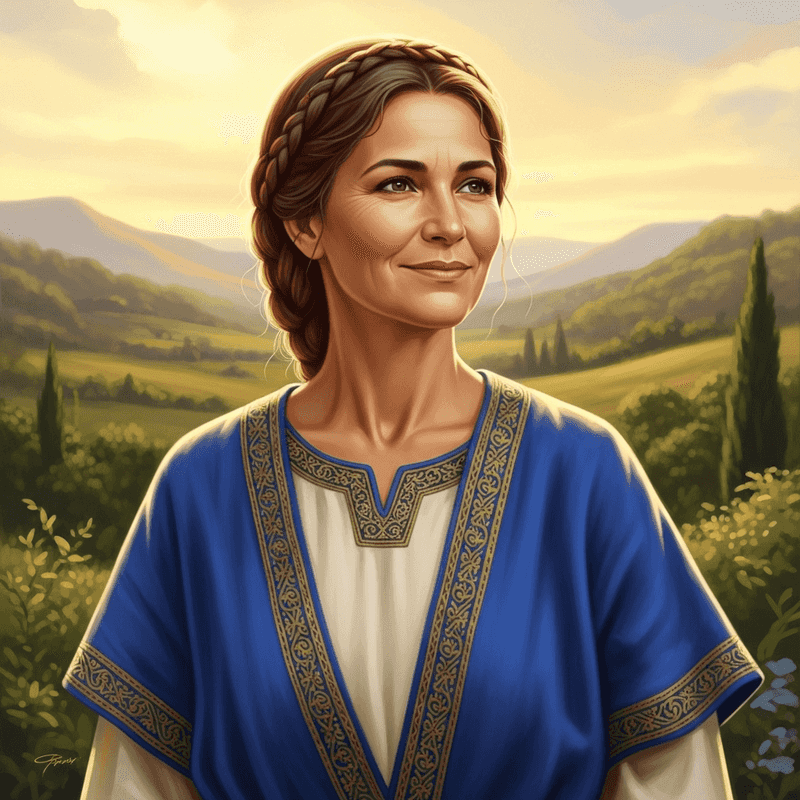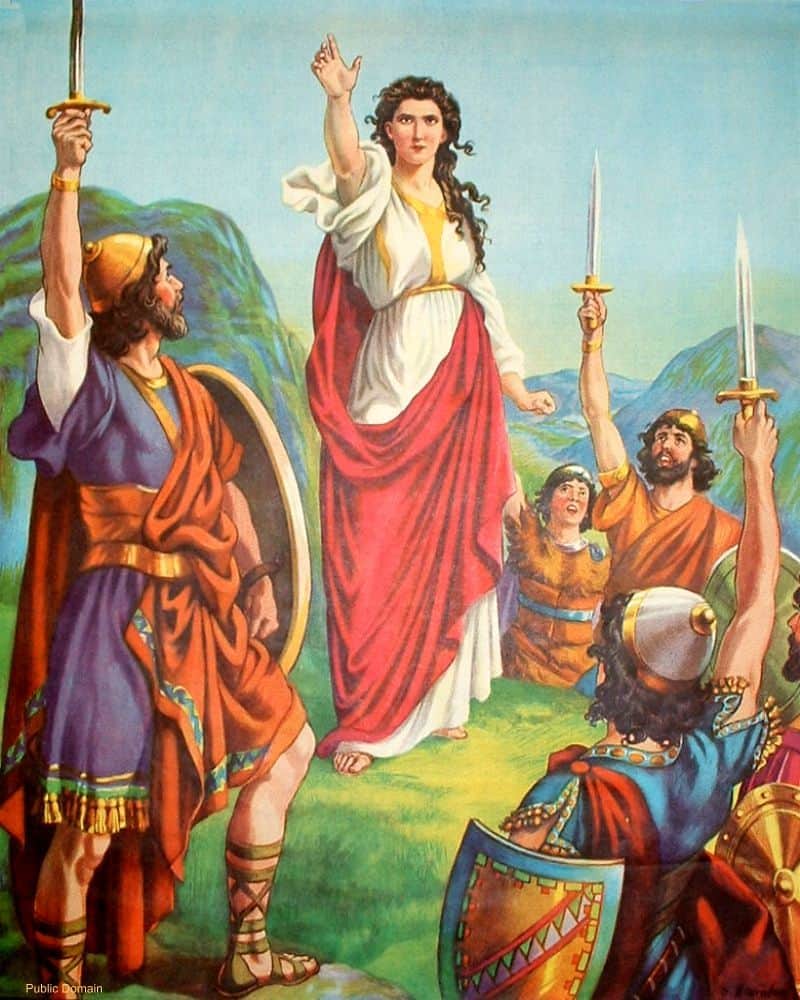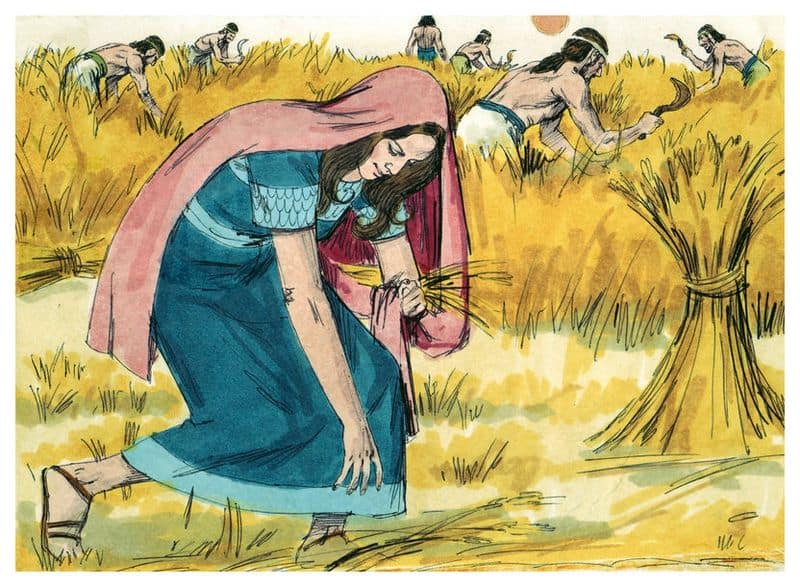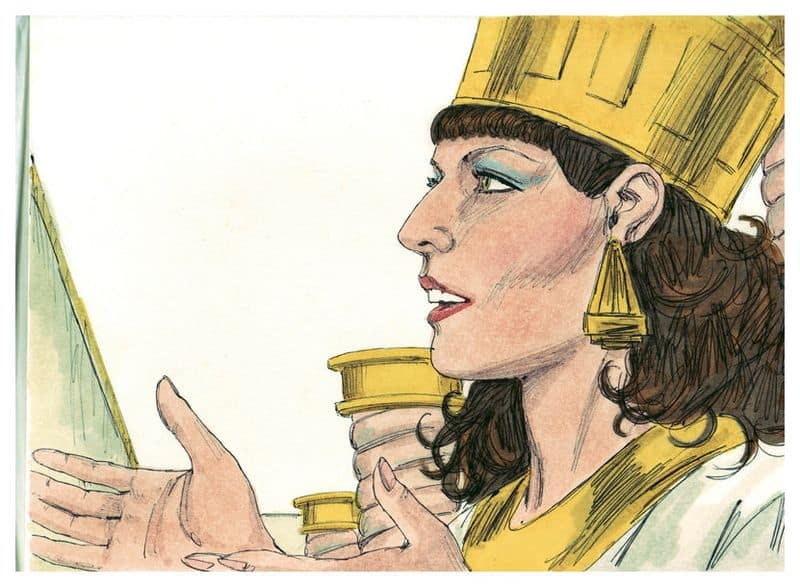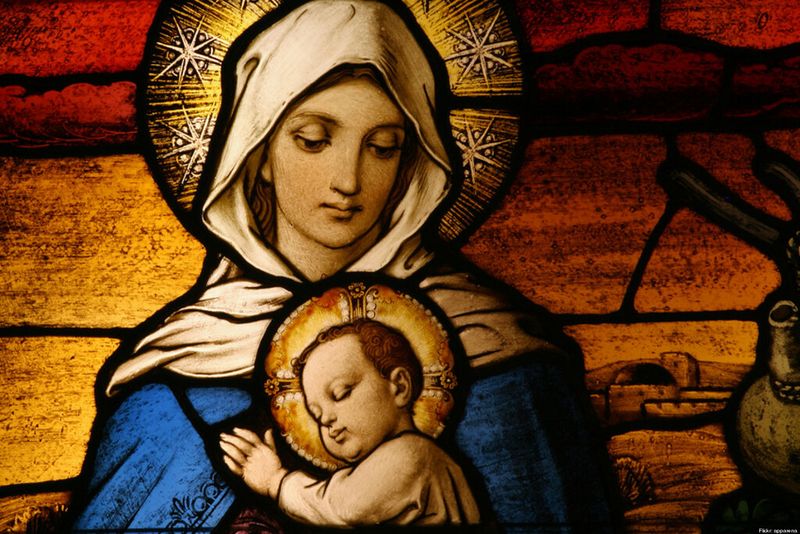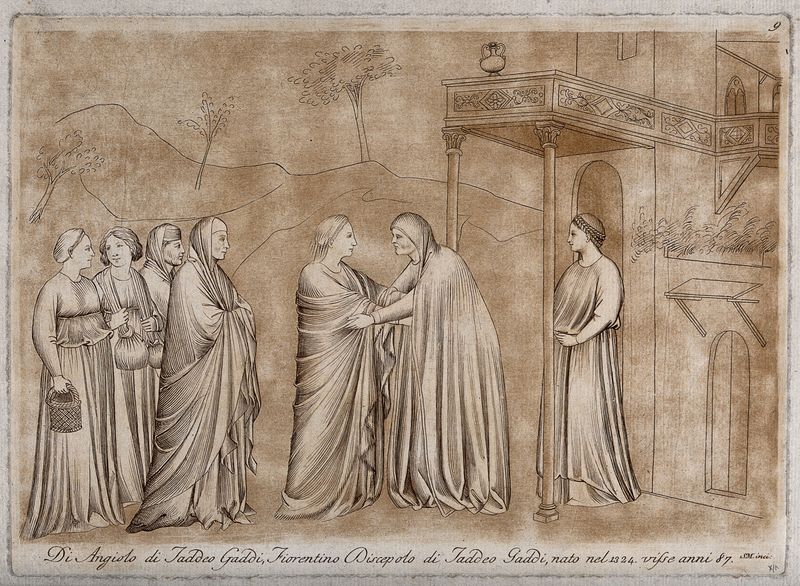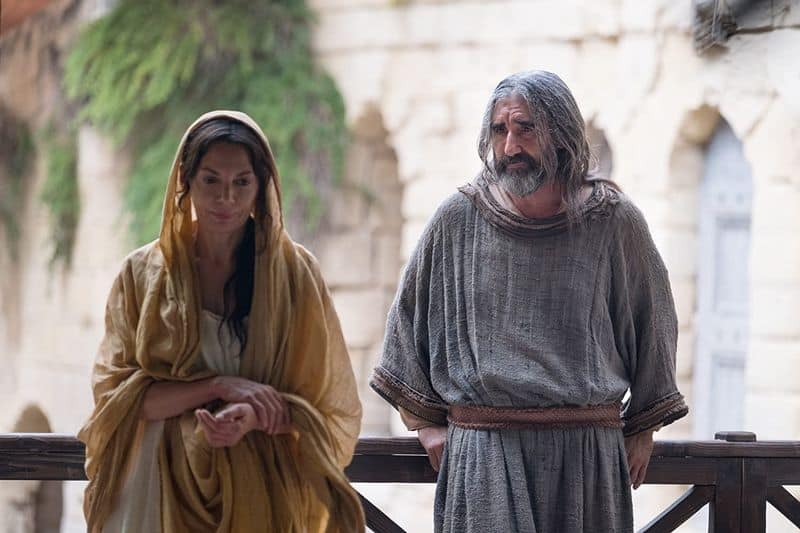The Bible contains stories of remarkable women who shaped history through their faith, courage, and wisdom.
These women overcame tremendous challenges in male-dominated societies to fulfill crucial roles in God’s plan.
Their lives continue to inspire people of faith today, offering timeless lessons about perseverance, leadership, and devotion.
1. Eve: The Mother of All Living
Created directly by God from Adam’s rib, Eve holds the distinction of being the first woman on Earth. Her curiosity led to humanity’s fall from paradise when she ate the forbidden fruit.
Despite this momentous choice, Eve’s story isn’t solely about disobedience. After leaving Eden, she faced childbirth, loss, and the harsh realities of a broken world with resilience.
Eve’s name means ‘life-giver,’ reflecting her essential role as the mother of all humanity. Through her, we learn about consequences, resilience, and the complexity of human nature.
2. Sarah: The Matriarch of Faith
Laughter marked Sarah’s journey when, at 90 years old, she was promised a son by God. Initially skeptical, this nomadic woman eventually embraced divine promise with unwavering faith.
As Abraham’s wife, Sarah endured years of barrenness in a culture where a woman’s worth was often measured by childbearing. Her patience was tested through desert wanderings and complicated family dynamics with her handmaid Hagar.
Sarah’s miraculous pregnancy with Isaac fulfilled God’s covenant promise, establishing her as the mother of nations. Her story reminds us that God’s timeline rarely matches our expectations.
3. Miriam: The Watchful Protector
Quick-thinking saved her baby brother’s life when Miriam watched Moses’ basket float among the reeds, then cleverly suggested her own mother as a nurse when Pharaoh’s daughter discovered him. This bold young girl grew into Israel’s first recorded female prophet.
Musical and spirited, Miriam led women in celebration after the Red Sea crossing, dancing with tambourines to praise God’s deliverance. Her leadership position wasn’t without challenges – she faced divine discipline when questioning Moses’ authority.
Throughout the desert wanderings, Miriam remained a vital figure. Legend says wells followed her, providing water for the Israelites during their journey.
4. Deborah: The Warrior Judge
Seated beneath a palm tree, Deborah delivered wisdom and justice as the only female judge mentioned in the Bible. Her remarkable leadership emerged during a time when Israel had fallen into cycles of disobedience and oppression.
Armed with prophetic insight, she summoned the reluctant military leader Barak to battle, correctly predicting victory against the mighty Canaanite army. When Barak insisted she accompany him to battle, she agreed while prophesying that ultimate glory would go to a woman.
Deborah’s victory song, preserved in Judges 5, stands as one of the oldest poems in the Bible. Her multifaceted roles as prophet, judge, and military strategist make her an exceptional figure in biblical history.
5. Ruth: The Loyal Outsider
“Where you go, I will go” – these famous words capture Ruth’s extraordinary loyalty to her mother-in-law Naomi after losing her husband. Abandoning her Moabite homeland, this young widow chose faith in an unknown God and people over familiar security.
Ruth’s diligent gleaning in the barley fields caught the attention of Boaz, a wealthy relative of Naomi’s family. Her humble character and devotion to her mother-in-law impressed everyone she encountered in Bethlehem.
Through marriage to Boaz, Ruth became part of the Messianic lineage, great-grandmother to King David and ancestor to Jesus himself. Her story powerfully illustrates how outsiders become insiders in God’s redemptive plan.
6. Esther: The Queen Who Risked Everything
Beauty brought Esther to the Persian palace, but courage defined her legacy. Orphaned and raised by her cousin Mordecai, this Jewish woman concealed her heritage when selected for King Xerxes’ harem, eventually winning the royal crown.
When a plot to annihilate all Jews emerged from the king’s advisor Haman, Esther faced a deadly choice. Approaching the king uninvited meant risking execution, yet remaining silent meant certain death for her people.
“If I perish, I perish” became her rallying cry as she cleverly orchestrated Haman’s downfall through strategic banquets. Her bravery during this pivotal moment saved an entire nation and established the Jewish celebration of Purim.
7. Mary: The Mother Who Said Yes
Startled by an angel’s unexpected greeting, teenage Mary received world-changing news – she would carry God’s son. Her humble response, “Let it be to me according to your word,” reveals extraordinary faith despite facing potential disgrace as an unwed mother.
Mary’s Magnificat, her poetic prayer recorded in Luke’s gospel, reveals her deep understanding of scripture and God’s character. This young woman from Nazareth treasured divine mysteries in her heart while navigating the very human challenges of raising a most unusual child.
From Bethlehem’s manger to Calvary’s cross, Mary witnessed her son’s entire journey. Her willingness to embrace God’s disruptive plan makes her the ultimate example of surrendered faith.
8. Mary Magdalene: The First Witness
Freed from seven demons by Jesus’ healing touch, Mary Magdalene transformed from outcast to devoted follower. Unlike many disciples who fled during Jesus’ darkest hours, she remained steadfast at the cross, watching his suffering with unwavering loyalty.
Dawn found her hurrying to complete burial rituals, carrying spices to his tomb on that first Easter morning. Her grief turned to astonishment when she discovered the empty tomb, then to joy when the risen Christ called her by name.
Commissioned as the first witness to the resurrection, Mary Magdalene ran to tell the disciples, “I have seen the Lord!” Her testimony launched Christianity’s central message, earning her the title “Apostle to the Apostles” in early church tradition.
9. Elizabeth: The Patient Believer
Years of barrenness and unanswered prayers marked Elizabeth’s life as a priest’s wife. Though righteous and faithful, this daughter of Aaron bore the cultural shame of childlessness well into her elderly years.
When her husband Zechariah returned home speechless after encountering an angel in the temple, Elizabeth soon discovered the miracle growing within her – a son who would become John the Baptist. Her pregnancy vindicated her lifetime of faith.
Elizabeth’s spiritual sensitivity shines in her encounter with her younger cousin Mary. “The baby in my womb leaped for joy,” she exclaimed, becoming the first to recognize Mary carried the Messiah. Her prophetic blessing affirmed Mary when others might have condemned.
10. Priscilla: The Early Church Teacher
Unlike most biblical women, Priscilla appears consistently named before her husband Aquila – unusual in patriarchal Roman society. This tentmaking businesswoman opened her home as one of the earliest church gathering places.
When the eloquent preacher Apollos demonstrated incomplete understanding of Christian teachings, Priscilla didn’t publicly correct him. Instead, she and Aquila invited him home for a meal and privately “explained the way of God more accurately.”
Paul calls her his “fellow worker in Christ Jesus” who “risked her neck” for his life. Her theological knowledge, teaching skills, and willingness to face danger for the gospel made Priscilla an exceptional leader in Christianity’s formative years despite significant cultural barriers against female leadership.
Lover of good music, reading, astrology and making memories with friends and spreading positive vibes! 🎶✨I aim to inspire others to find meaning and purpose through a deeper understanding of the universe’s energies.



